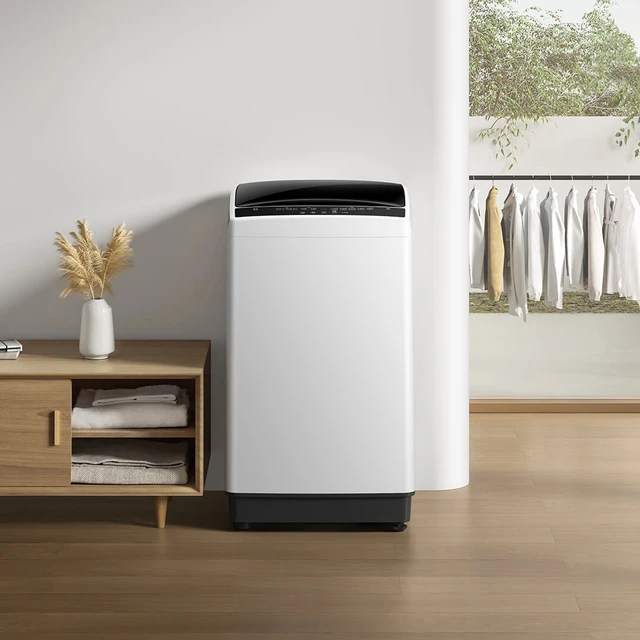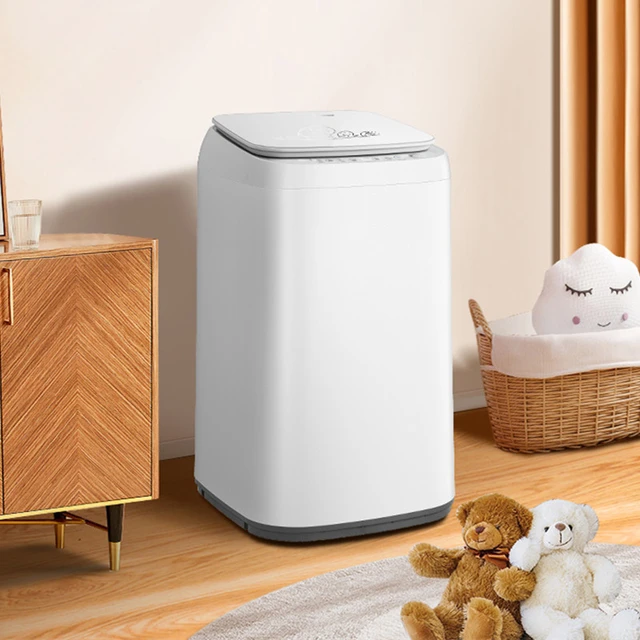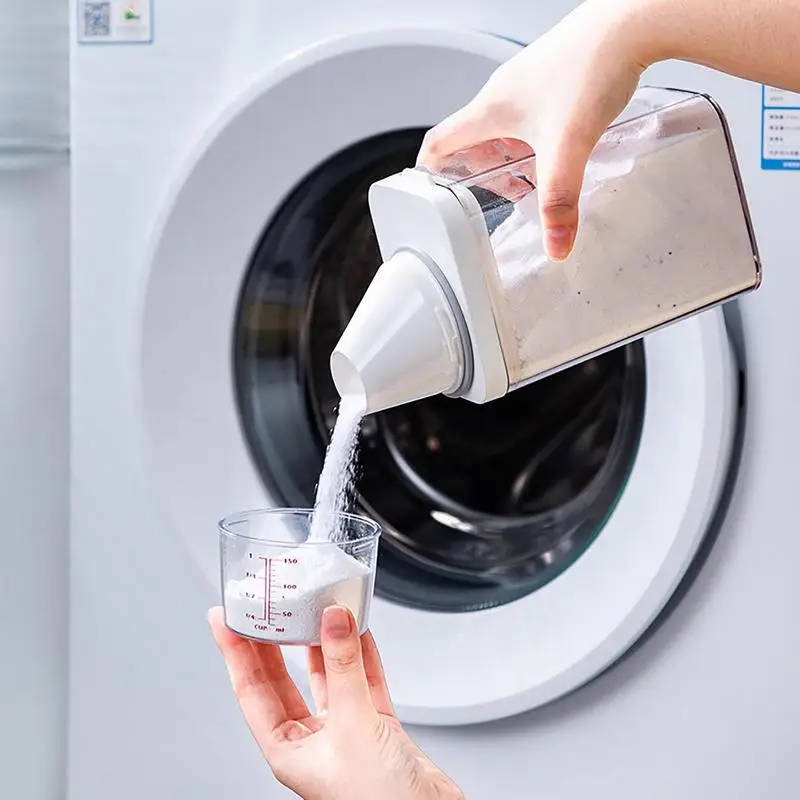Using vinegar in your washing machine is a topic that often sparks debate among laundry enthusiasts. Some people swear by its effectiveness for cleaning, deodorizing, and softening clothes, while others worry about potential damage to the appliance. So, is it safe to use vinegar in a washing machine? This comprehensive guide explores the benefits, potential risks, and best practices for incorporating vinegar into your laundry routine. Read on to discover if and how you can safely use this household staple to enhance your laundry results.

Understanding the Benefits of Vinegar
Vinegar offers several advantages when used in your washing machine. Its natural properties can transform the way you handle laundry tasks.
Natural fabric softener
One of the primary benefits of using vinegar in the washing machine is its ability to act as a natural fabric softener. It helps break down detergent residues and mineral deposits on fabrics, leaving clothes feeling soft without the need for commercial fabric softeners, which often contain harsh chemicals.
Odor remover
Vinegar is well-known for its deodorizing properties. Its acidic nature neutralizes alkaline odors, effectively removing musty or unpleasant smells from clothes, towels, and even the washing machine itself. This makes it an excellent choice for dealing with gym clothes, pet bedding, and other odor-prone items.
Stain remover
White vinegar is an effective, natural stain remover that can tackle various types of stains, including sweat, food, and even deodorant marks. Adding vinegar to the wash cycle can help dissolve these stains without damaging the fabric.
Using Vinegar Correctly
While vinegar has numerous benefits, knowing how to use it correctly in the washing machine is crucial to avoid any potential issues.
Selecting the right type of vinegar
When using vinegar in your washing machine, always opt for white distilled vinegar. It is colorless, has a neutral pH, and is less likely to leave any residue or stains on clothing. Avoid using other types of vinegar, such as apple cider vinegar or balsamic vinegar, which can cause discoloration and leave behind a strong odor.
How much to use
The amount of vinegar needed depends on the load size and the specific purpose. For general softening and deodorizing, add half a cup to one cup of white vinegar to the rinse cycle. If using it as a stain remover, apply vinegar directly to the stain or add one cup to the wash cycle. It’s essential to avoid overusing vinegar as excessive amounts can be unnecessary and potentially harmful to the washing machine over time.
Adding vinegar at the right time
Add vinegar during the rinse cycle to ensure it effectively softens and deodorizes clothes. Pour it directly into the fabric softener compartment or use a designated laundry ball to release it at the appropriate time. Adding vinegar early in the wash cycle could result in its being washed away before it has the chance to work effectively.
 Potential Risks and How to Mitigate Them
Potential Risks and How to Mitigate Them
Using vinegar in the washing machine is generally safe, but being aware of potential risks helps ensure long-term effectiveness and safety.
Impact on rubber seals and hoses
The acidic nature of vinegar can degrade rubber components over time. This may affect the rubber seals and hoses in your washing machine, leading to potential leaks or malfunctions. To mitigate this risk, use vinegar sparingly and avoid excessive amounts. Regularly inspect the seals and hoses for any signs of wear and replace them as needed.
Compatibility with detergents
Vinegar can react with certain commercial detergents, reducing their effectiveness. To prevent this interaction, it’s best to add vinegar during the rinse cycle rather than the main wash cycle. This timing ensures that the detergent has already done its job before the vinegar is introduced.
Metal parts corrosion
Prolonged exposure to vinegar can corrode metal parts of the washing machine, such as the drum or other internal components. Use vinegar in moderation and follow the manufacturer’s guidelines for cleaning and maintenance to prevent corrosion.
Enhancing Laundry Results
Vinegar can enhance your laundry results when used appropriately alongside other laundry practices.
Removing detergent buildup
Over time, detergents can leave residue on clothes and in the washing machine. Adding vinegar to the rinse cycle helps dissolve this buildup, resulting in cleaner clothes and a more efficient washing machine. For regular maintenance, run an empty wash cycle with one cup of vinegar once a month to keep your machine clean.
Brightening colors and whitening whites
Vinegar acts as a natural brightening agent for fabrics. It helps keep colors vibrant and whites looking fresh by removing dulling residues. Adding half a cup of vinegar to the rinse cycle can help maintain the brightness and cleanliness of your laundry.
Softening rough fabrics
Over time, natural fibers like cotton and wool can become stiff and rough. Vinegar helps soften these fabrics, making them more comfortable to wear. For best results, add half a cup of vinegar to the rinse cycle of loads containing these fabrics.
Eco-Friendly and Cost-Effective Solution
Vinegar is an excellent choice for those looking to reduce their environmental impact and save money on laundry products.
Environmentally friendly
Unlike commercial fabric softeners and stain removers, white distilled vinegar is biodegradable and free from harmful chemicals. Using vinegar in your laundry routine helps reduce your reliance on chemical-laden products, contributing to a more eco-friendly household.
Cost-effective
Vinegar is an affordable alternative to many commercial laundry products. A large bottle of white vinegar can be purchased at a fraction of the cost of fabric softeners or stain removers, making it a budget-friendly choice for enhancing your laundry routine.
Best Practices for Long-Term Use
Implementing best practices ensures the safe and effective long-term use of vinegar in your washing machine.
Regular maintenance
Keep your washing machine in good working condition by regularly inspecting and cleaning it. Run an empty cycle with one cup of vinegar once a month to help remove detergent buildup and maintain its efficiency.
Alternating with other cleaning agents
While vinegar is effective, alternating its use with other natural cleaning agents, such as baking soda, ensures a balanced approach to laundry care. Baking soda can help with odor removal and fabric softening, complementing the effects of vinegar. Using different agents minimizes the risk of potential damage from overusing a single substance.
Monitoring machine performance
Keep an eye on your washing machine’s performance when using vinegar. If you notice any unusual sounds, leaks, or reduced efficiency, discontinue use and consult a professional technician. Addressing issues early prevents long-term damage and ensures your appliance remains in optimal condition.
 Additional Uses of Vinegar in Laundry
Additional Uses of Vinegar in Laundry
Vinegar’s versatility extends beyond the washing machine. Here are some additional ways to use vinegar in your laundry routine.
Pre-treating stains
Apply white vinegar directly to stains, allowing it to sit for a few minutes before washing. This method works particularly well for sweat stains, food spills, and deodorant marks.
Deodorizing shoes
Remove stubborn odors from shoes by spraying the insides with a mixture of equal parts water and white vinegar. Allow the shoes to air dry completely before wearing them. This method helps neutralize odors without leaving a strong vinegar scent.
Refreshing towels
Over time, towels can become rough and musty. Adding half a cup of vinegar to the rinse cycle can help soften towels and eliminate unpleasant smells, leaving them fresh and fluffy.
Conclusion: Is Vinegar Worth It?
Using vinegar in the washing machine offers numerous benefits, from softening fabrics and removing odors to tackling tough stains and brightening colors. When used correctly and in moderation, vinegar is generally safe and can enhance the efficiency of your laundry routine. However, it’s essential to be mindful of potential risks, such as damage to rubber components or metal parts and reduced detergent efficacy. By following best practices and monitoring your washing machine’s performance, you can enjoy the advantages of this versatile household staple while ensuring the longevity and effectiveness of your appliance.
Incorporate vinegar into your laundry routine as a cost-effective, eco-friendly solution for cleaner, fresher, and softer clothes. Whether you’re looking to replace commercial fabric softeners, remove stubborn stains, or simply brighten up your laundry, vinegar proves to be a valuable and versatile addition to your laundry arsenal.
